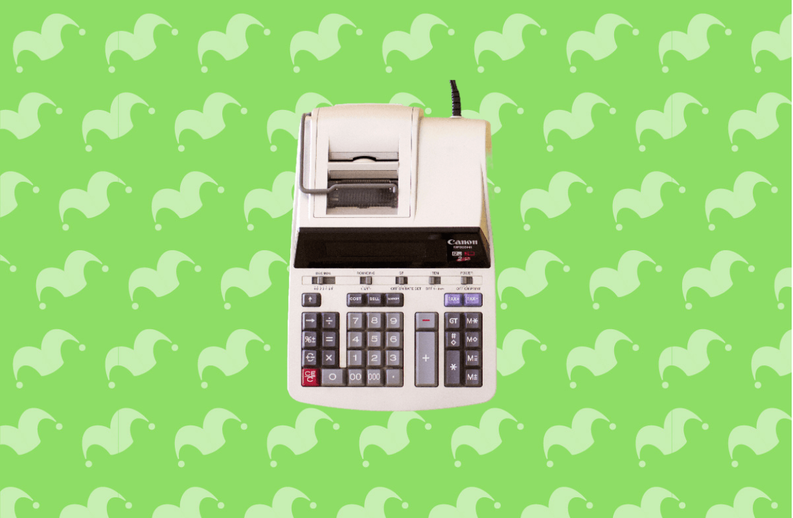The One Accounting Change That Could Make or Break Your Business

When you open a small business, you may quickly reach a point where you need to hire outside help for various tasks. If you don't have a marketing background, for example, you may need to bring in a consultant to run campaigns or set up a social media page for your business. And if you don't have a human resources background, you may need to hire a benefits coordinator who can do things like set up health insurance for your company and implement time off policies.
Similarly, if you're not an accountant but have a good head for numbers, you may be inclined to purchase accounting software and oversee your company's finances yourself. But you might soon realize just how much you're spinning your wheels.
Not only is small business accounting a time-consuming task, but there are many nuances involved. And even if you manage to make the numbers match up, you risk running into issues with reporting and compliance if you're not an actual accountant yourself. That's why it pays to outsource your small business accounting -- but not just to any professional.
Find someone with actual small business experience
There are plenty of professionals out there who, technically speaking, have the knowledge and certifications to do small business accounting work. But if you want the best results for your business, aim to hire an actual small business accountant -- meaning, someone who largely focuses on small businesses and has extensive experience in that arena.
Now in the course of hiring an accountant, it's important to check for credentials. And you probably know to look for a CPA. But you may want to take things a step further and find someone with a CMA (certified management accountant).
While a CPA is a respectable credential in its own right, having a CMA credential generally reflects a deeper understanding of matters related to businesses. An accountant with a CMA designation can help you do more than just manage cash flow and file your taxes accordingly -- they can also help you budget more efficiently and make savvy decisions to maximize your business income.
It pays to start by asking around
Finding a small business accountant may be a process. And it's important to interview different professionals and identify the best person for the job.
To get started, though, reach out to your network of small business owners and ask for recommendations. From there, should you choose to focus on a CMA professional, that'll be one way to whittle down your options.
It's also important to understand how different professionals operate. Ask questions that include:
What's your fee structure?
How much time will you be able to dedicate to my business each month?
What strategies do you use to save companies like mine money?
What are some of the biggest tax challenges small businesses face, and how do you address them?
All told, hiring the right accountant could truly make or break your business. Take the time to find the ideal person, so your business can be as successful as you want it to be.
Alert: highest cash back card we've seen now has 0% intro APR until 2025
This credit card is not just good – it's so exceptional that our experts use it personally. It features a 0% intro APR for 15 months, a cash back rate of up to 5%, and all somehow for no annual fee!
Click here to read our full review for free and apply in just 2 minutes.
We're firm believers in the Golden Rule, which is why editorial opinions are ours alone and have not been previously reviewed, approved, or endorsed by included advertisers. The Ascent does not cover all offers on the market. Editorial content from The Ascent is separate from The Motley Fool editorial content and is created by a different analyst team.The Motley Fool has a disclosure policy.
The One Accounting Change That Could Make or Break Your Business was originally published by The Motley Fool
